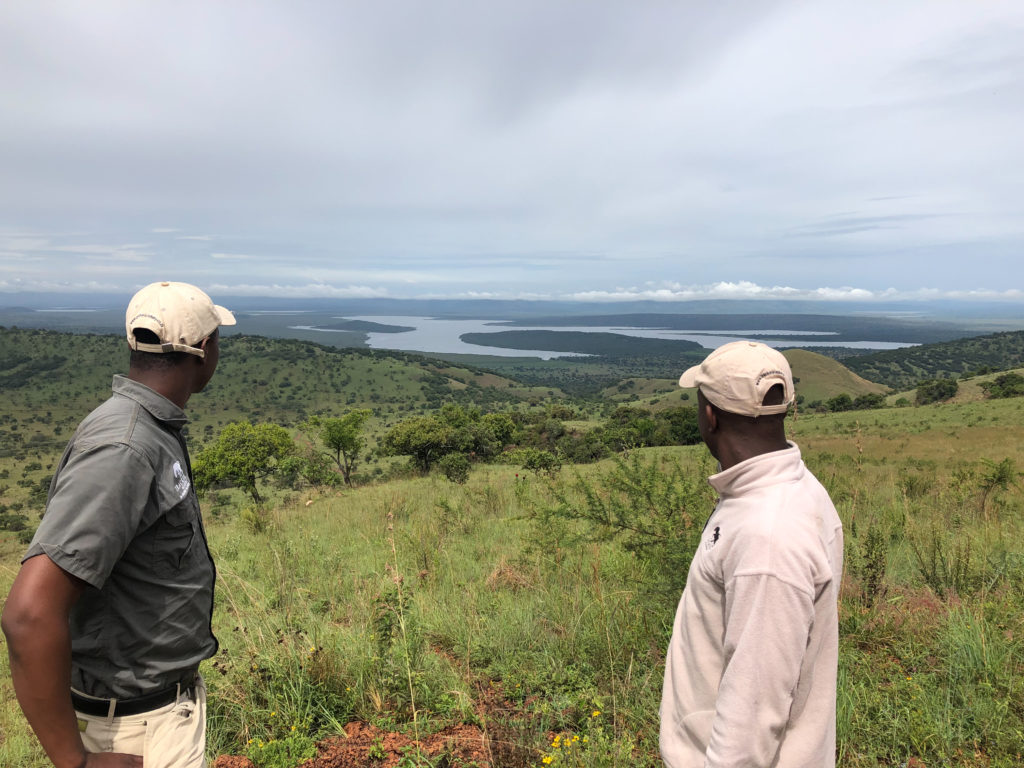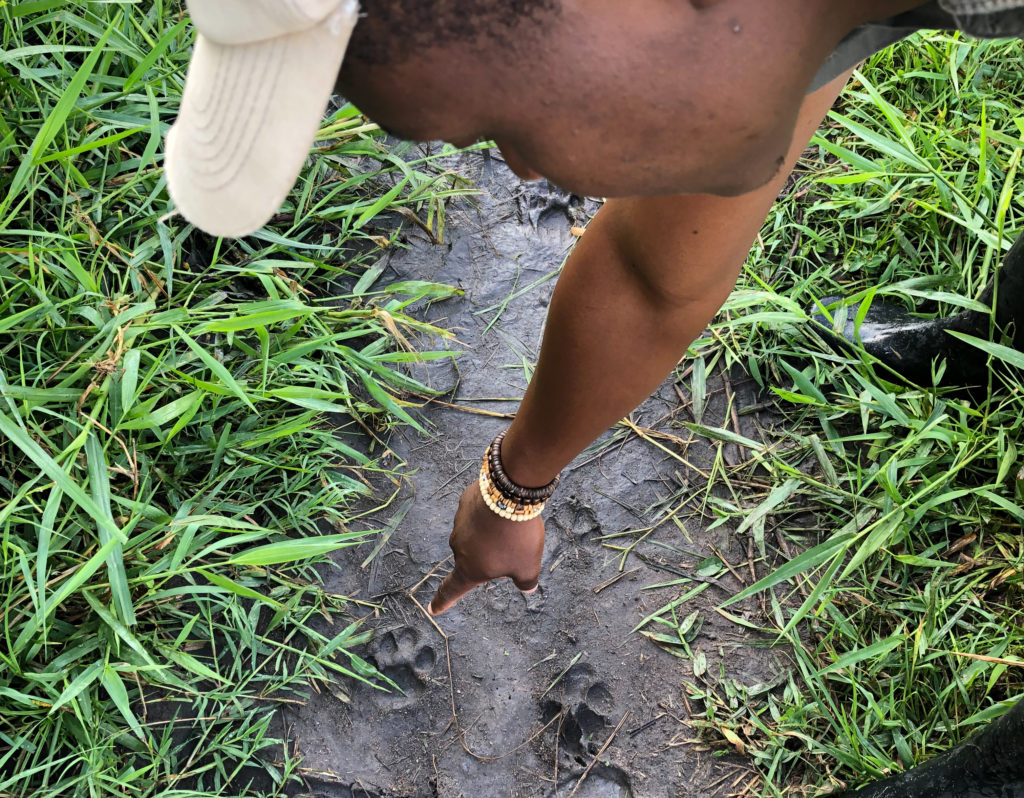Graduates from the SA College for Tourism’s Tracker Academy have been closely involved in a leopard monitoring and habituation project at the Magashi concession in Rwanda’s Akagera National Park. Since December 2018, trackers have traveled in teams of two, spending three months on the project before returning home.
In partnership with Wilderness Safaris, the project aims to establish the number of territorial leopards that live within the concession, identify and get to know individual animals, as well as establish a trust relationship with them which will allow tourists to get a closer look at one of Africa’s more elusive Big 5.

According to Alex van den Heever, Tracker Academy’s General Manager, this is no easy task. He says, “the conditions are challenging for the trackers because the soil is very hard in places with tall grass.” In addition, leopards are among the most difficult animals to track and find on foot because they are solitary animals, tread very lightly and often move in unpredictable directions. Although they may make use of game paths and roads, they regularly move through long grass or thickets where their direction of travel is less obvious.

Respect and sensitivity are the guiding principles of leopard habituation, so great care is taken by the trackers to try and find them without the animal becoming aware of them. Once the leopard is located, the trackers will note its position and retreat back to base before returning with a vehicle. From the safety of the vehicle, trackers will view and photograph the leopard. “Over time the leopards become accustomed to the presence of vehicles, realising that they pose no threat, and a trust relationship builds between the people and the animals,” says Alex.
This habituation technique was developed during the 1970s and ‘80s at Londolozi Game Reserve, where one of the Tracker Academy’s campuses is based, and has been hugely successful. To date, the trackers have identified 15 individual leopards and the local Magashi guides have reported a dramatic increase in the number, as well as the quality, of leopard sightings since tracking began.Alex and his team envision that the project will take three years before sustainable results are achieved. “We are very proud of the successes so far and recognise that the project is unique in the sense that it represents the exportation of conservation skills from South Africa, which will benefit Rwanda’s ecotourism industry.”
Preserving the ancient skill of tracking
The Tracker Academy focuses its training on the preservation of indigenous knowledge, and its relation to tracking competency and other forms of traditional nature conservation, described by many as the origin of natural science. As part of the SA College for Tourism, which operates under the auspices of Peace Parks Foundation, the Tracking Academy offers two CATHSSETA accredited programmes. Students learn the diversity of wildlife and animal behaviour in two extremely different environments, semi-desert and traditional bushveld savannah biomes. Established in 2010, more than 94% of the Academy’s graduates are permanently employed in the nature-based tourism industry of South Africa.





